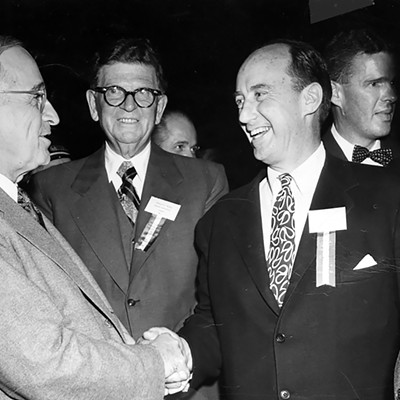A person's freedom should not depend on how much cash they have. Illinois understands this tenet of fairness, and became the first state to eliminate money bond. The step follows the lead of other jurisdictions who successfully reduced the use of money bond. But rather than celebrating, the move away from money bond has come with fearmongering and misinformation by people wedded to the old system – especially police and many prosecutors with unfettered access to the press.
Implemented six months ago, the Pretrial Fairness Act is a critical step towards a more equitable criminal legal system. It ensures that safety is the main factor determining who is jailed and who is released before trial.
Resorting to fear tactics, opponents of the new law exploit their positions of authority as credible experts on public safety to use limited statistics, extreme outlier cases and outright misinformation to manipulate the public, encouraging a reopening of the discussion about how we handle pre-trial detentions.
We should not be fooled – these doomsayers opposed the end of money bond from long ago – and they are using a predictable playbook.
In 2020, New York ended cash bail for most misdemeanors and nonviolent felonies. Police, prosecutors and politicians opposed reforms from the start, and after implementation blamed rising crime on bail reform. The increase was related to the COVID-19 pandemic.
Studies showed that New York's reforms were successful, and people released pretrial were rarely re-arrested, especially for violent crimes. But media repeated misinformation from opponents of the law, and public support for reform diminished. Manufactured fear ultimately fueled rollbacks to the reform.
Illinois' reforms have been successful. Jail populations are decreasing, and crime rates are not skyrocketing. People no longer are pressured to take a plea to bogus charges just because they want to get out of jail and back to their lives. They can await trial while maintaining their jobs, families and homes.
We must understand that there will be occasional cases where something goes wrong. But we cannot allow one extreme example to shape policy decisions. And, we cannot look at fluctuations in crime rates – based on small sample sizes – to be blamed on ending money bond without considering other factors impacting crime.
The reality is that wealth-based jailing does not make us safer; it increases the likelihood of rearrests, separates families and makes people lose their jobs and homes. It disproportionately affects low-income and Black and Brown people, funneling money out of their communities, perpetuating the cycle of poverty and incarceration.
Here is the reality. While ending money bond makes communities more stable, it will not end crime and bring public safety to each neighborhood. If we want to improve community safety, we need a holistic approach that addresses the root causes of crime. It will include investments in substance use treatment and behavioral health services, affordable housing, education, and job training programs – evidence-based solutions that reduce recidivism rates and enhance public safety.
The Pretrial Fairness Act is just one component in building a more equitable and compassionate criminal justice system that prioritizes safety, rehabilitation and community well-being. Residents should be wise enough to resist the fearmongering that always comes from change, and continue to push for policies that uplift and empower all members of society, ensuring a safer and more just future for generations to come.
Ken Page is president of the Springfield chapter of the American Civil Liberties Union of Illinois.



















